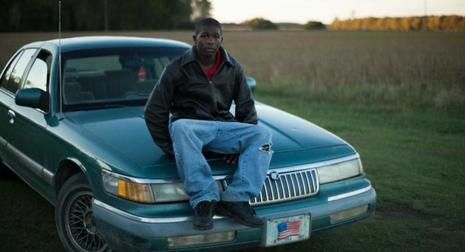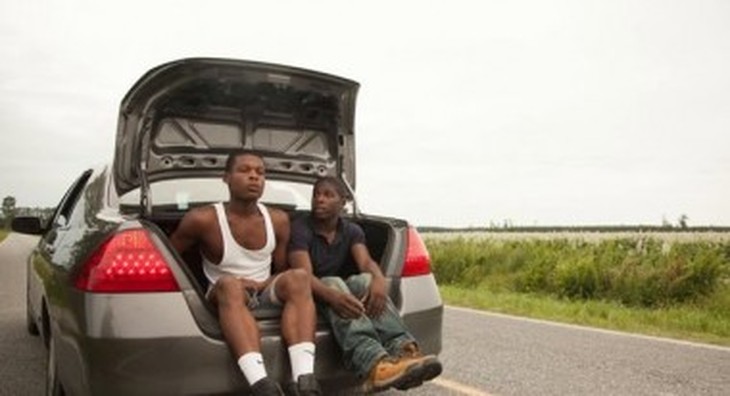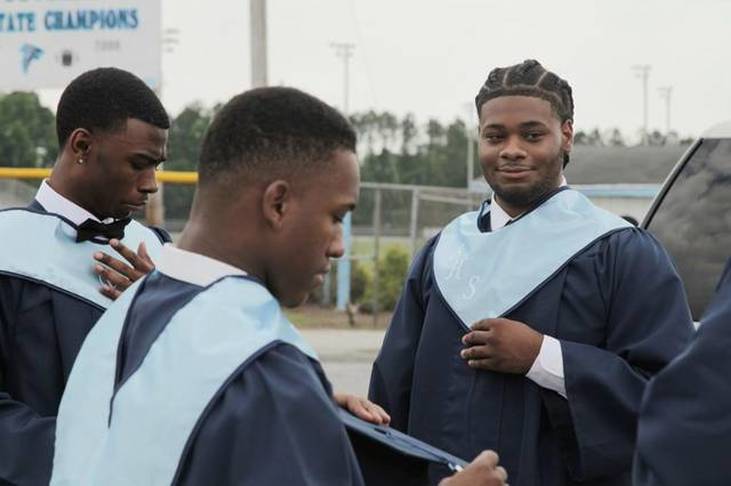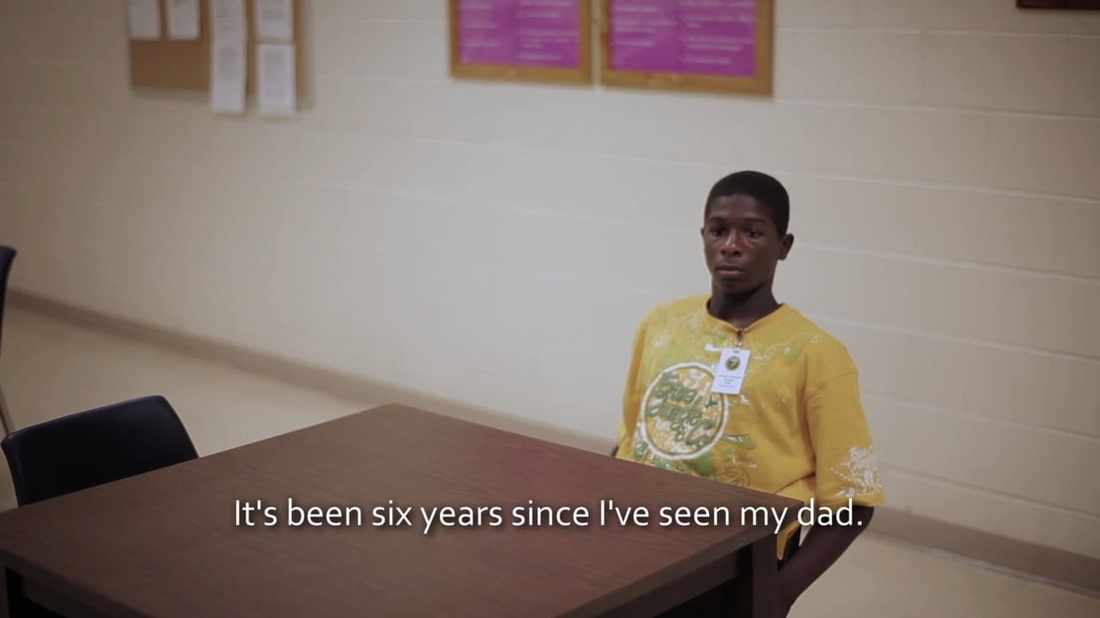 Margaret Byrne's Raising Bertie is an in-depth, six-year portrait of a small rural community in Bertie Country, North Carolina, documenting the journey of three young African American boys as they near adulthood and are confronted with the reality and responsibilities that come with it. All three boys profiled, Davonte, Reginald, and David, attend The Hive, an alternative school for struggling children, but when its funding gets shut down by the public school system, all three subjects find their resolve tested as they attempt to define themselves and build a future in this environment where opportunities are hard to find. Raising Bertie is a powerful story of determination, environment, culture, and circumstance, a film which provides three detailed portraits of rural youth, exhibiting their shared struggles of circumstance and environment, while also detailing their unique attributes with define them as an individual. An organic experience, Raising Bertie is an observational documentation, a film that doesn't go out of its way to point out generational poverty, educational equity, and race, instead letting various socioeconomically issues unfold naturally in front of its lens, offering a complex, valuable portrait of the lives of three young boys that details how complex and difficult their experiences can be. The film never blatantly talks about parenting or family, but what becomes rather noticeable throughout Raising Bertie is the overall lack of male role models, with all three of these young boys having relatively poor relationships with their fathers. The toxic effects of how culture defines masculinity is an undercurrent that runs throughout the film, with all three young boys introspectively struggling to define themselves in a culture that tells young men to "be a man" and make no excuses for themselves. The harmful nature of this relationship, one which reinforces toughness and accountability while not providing guidance or fatherly role models is one of the more interesting aspects of Raising Bertie, a complexity which in a sense fuels the generational poverty which all three of these young boys find themselves a victim of. The importance of education and what that means is another major aspect of Raising Bertie, a film that details how education is a form of empowerment for these young individuals. The contrast between The Hive and the public schools is felt often throughout Raising Bertie, as the film becomes a rather powerful documentation of the need for more personal connection in education, one that encourages the individual through positive reinforcement and personal relationships, not simple regurgitation. When these three young boys transfer to public school, they by-and-large struggle, with the film documenting the cold, impersonal nature of the public education system, one that is more focused on regurgitation of information than igniting the minds of the youth who enter and exit its grounds. While Raising Bertie touches on a host of fascinating and important issues that effect these young men, the film never forgets that it's first and foremost a documentation of these three characters, offering a means for these young men to express themselves and define their own wants, desires, and struggles, a decision that makes the larger thematic ideals all the more powerful, due to the personal and emotional investment the audience, and filmmaker, have for these characters. Detailing the lives of Devonte, David, and Reginald, Raising Bertie is a longitudinal documentary that provides no easy answers, offering up a powerful and profound evocation of a variety of complex and important issues facing rural American youth.
0 Comments
Leave a Reply. |
AuthorLove of all things cinema brought me here. Archives
June 2023
|



 RSS Feed
RSS Feed
